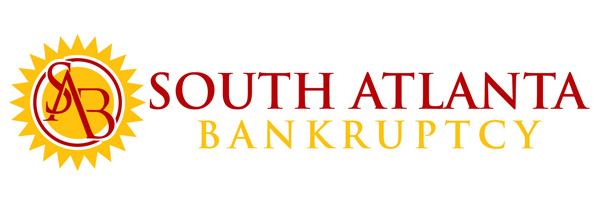The “means test” is a formula enacted into the Bankruptcy Code in 2005. Congress decided that too many Debtors were “abusing” the bankruptcy process by discharging debt that they really could afford to repay.
The “means test” was added to the bankruptcy statute to provide an “objective” method for the Bankruptcy Court to determine which Debtors can repay their unsecured debt (at least in part) in a Chapter 13 case. If a Debtor fails the means test, his Chapter 7 bankruptcy case is presumed to be abusive, and the United States Trustee will seek to have that case dismissed or converted to another Chapter under the Code. Debtors who fail the test would be required either to convert their case to a case under Chapter 13, or pursue non-bankruptcy options.
The way the test works is that all of the gross income coming into the “household” during the six months before the case is filed is added together. Any changes during that period, such as being unemployed, are not generally considered. All income is taken into account, including bonuses, personal injury awards, and the like.
That big number is then divided by six to arrive at a number that approximates “current monthly income”. Internal Revenue Service statistics are then used to compare that “current monthly income” for the Debtor’s household to the income of households of the same size in the state. If the Debtor’s “current monthly income” is less than “median” income for a household of the same size, Debtor passes the objective part of the test.
If the Debtor’s household is more than median income, the Debtor does not necessarily fail the test. In that case, the lawyer must continue with the long form of the formula. The formula provides that certain items are to be subtracted from “gross current monthly income” such as taxes, insurance, child support or alimony, and payments made on secured debt like houses and cars. In addition, standard “allowances” are made for housing expenses, vehicle expenses, utilities, food, clothing, medical expenses, and the like. After making these subtractions, your “disposable income” needs to be zero (or close to it). If it’s not, you fail the test, but if you have “extraordinary circumstances”, there is an opportunity to assert those circumstances (and document them). Thus, you may “pass” anyway if your circumstances meet certain standards and are properly documented.
The means test is complicated, but is not ordinarily a problem if you are overwhelmed by debt, and really can not afford to pay. The test does require that you provide documents such as pay stubs, and it requires that a lawyer make calculations using a computer to keep up with changes in the formula as Congress updates it on an ongoing basis. You shouldn’t worry about it, and should arrange a careful consultation with an experienced lawyer as part of the process of considering a bankruptcy filing.
Please call us at 678-519-4143 to discuss your particular situation with our lawyers.

